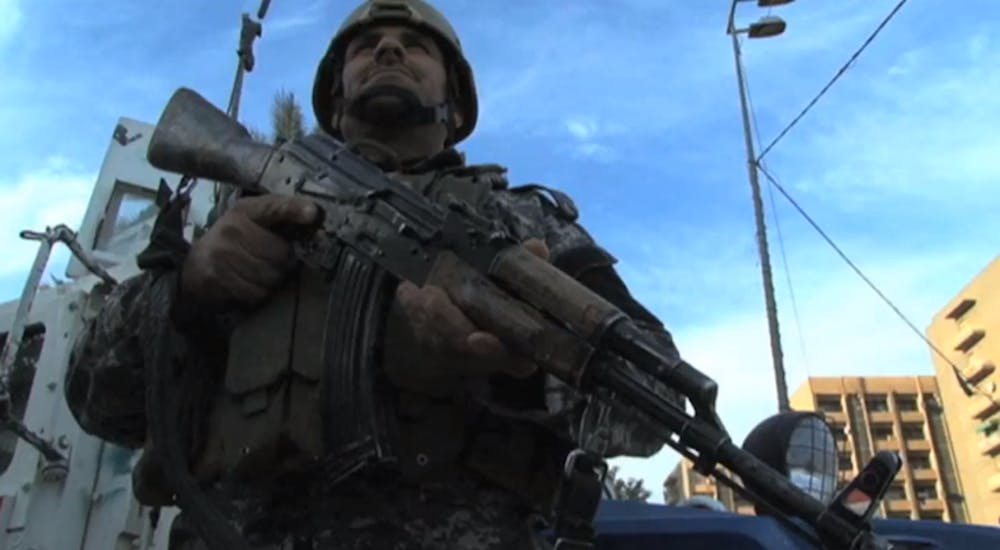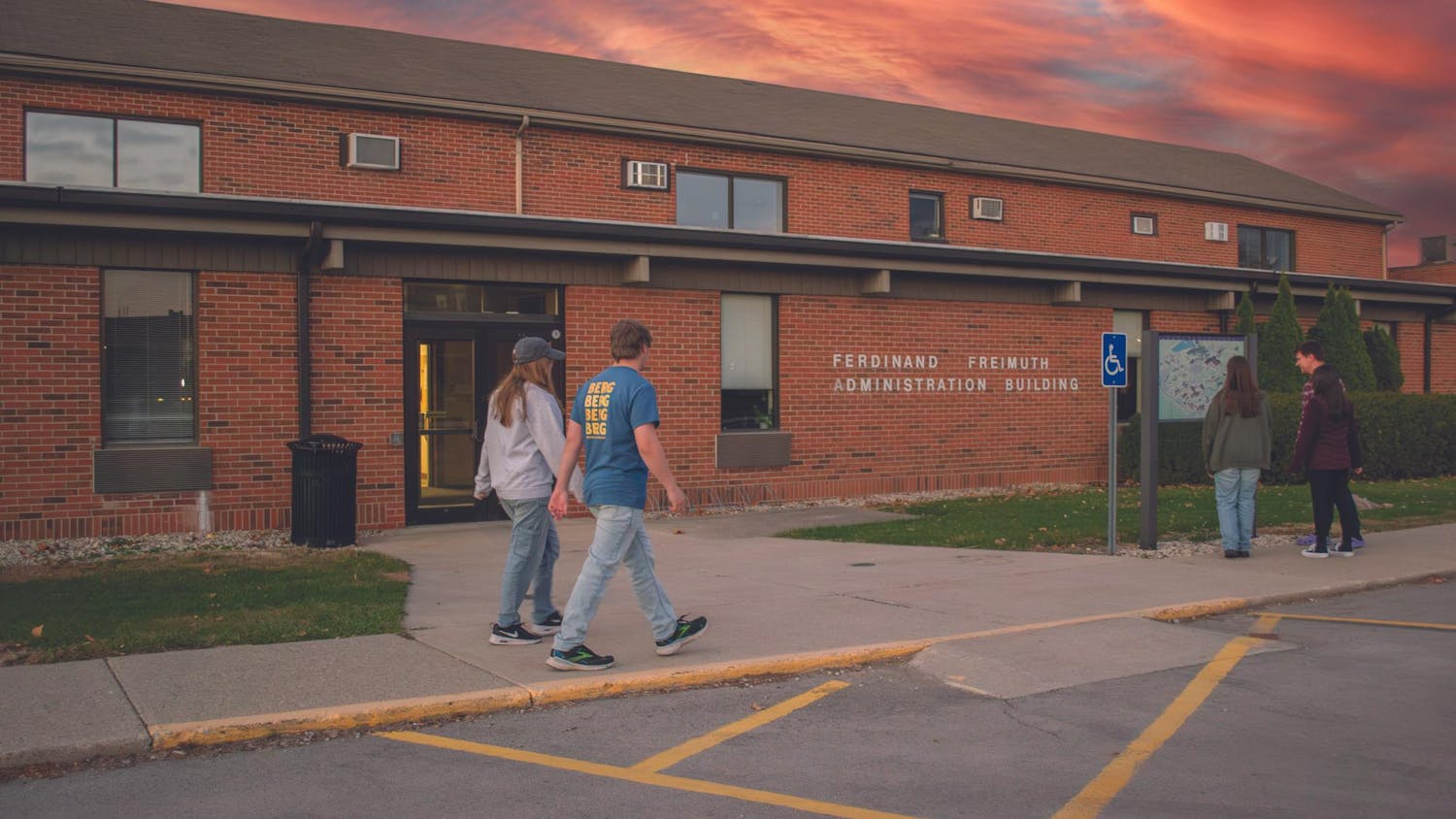By Patrick Neer | Echo
Egyptian President Abdel Fattah el-Sisi is calling for United Nations intervention in Libya against the Islamic State in Iraq and the Levant (ISIL) after the public execution of 21 Egyptian Coptic Christians in Libya by the militant Islamist group on Sunday.
Sisi's call for international intervention comes after a series of Egyptian airstrikes against Derna, a northeastern Libyan city known both for its rich oil fields and its associations with ISIL, Al-Jazeera reported. Killed in the strikes were 50 ISIL-linked militants. Also among the deceased were seven civilians, three of those children.
While response to the raids has been overwhelmingly positive in Egypt, Omar al-Hassi, the head of Libya's opposition government based in Tripoli, denounced the Egyptian attack.
"The horrible assault and this terrorism that's been conducted by the Egyptian military represents a violation of sovereignty in Libya and is a clear breach of international law and the U.N. charter," Hassi said.
Italy, Libya's former colonial power, is leading the European effort for military intervention, according to a report by the Associated Press. Italian Defense Minister Roberta Pinotti said Rome would be willing to commit up to 5,000 troops to lead a military mission in Libya to help oust ISIL. But she made clear that Italy will not conduct combat operations alone.
Italian Premier Matteo Renzi explained that any UN-sponsored efforts must involve all players, local tribes, African Union countries, and Arab and EU countries.
Sunday's executions signal that ISIL-once confined to its Middle-Eastern heartland of Iraq and Syria-is gaining a new presence in Libya.
Al-Jazeera analyst Mattia Toaldo explained ISIL's sudden rise in Libyan cities as a direct consequence of ties between members of the leadership of ISIL and the numerous Libyans who fought in Syria over the last year but recently returned back to Libya.
Further, the current vacuum in state authority and the presence of oil fields-a favorite source of income for ISIL - is another factor compounding the problem.
Over the last two months, ISIL operations in Libya have escalated. Reuters reported in January that ISIL militants assaulted a hotel in Tripoli, killing nine. Later in the same month, ISIL gunmen attacked the Al-Mabrook oilfield, capturing and beheading workers there.
Libya is a country divided. Since Muammar Gaddafi's deposition and execution in 2011, two rival Libyan governments are now staking their claim to Libyan rule. Following the 2014 Libyan elections in the country's old capital city of Tripoli, an armed group known as Libya Dawn established a government headed by Omar al-Hassi.
With the parliament and a myriad of religious groups on their side, Libya Dawn and Hassi expelled their political opponents from Tripoli in August, according to a report by Reuters.
This opposition consists mostly of former Gaddafi aides, secularists and federalists. That mixed group forms the other government, which is based out of Tabruk to the east and is recognized by the international community as Libya's legitimate government. But both governments have been accused of human rights violations and neither have the broad support necessary to establish a true national government.
Hassan Hassan, co-author of a book about ISIL, explains that with this vacuum of power, ISIL's recent executions in the country may only be the beginning of a larger offensive.
"The statement in Libya is more a statement of defiance," Hassan said. "By killing Christian civilians, (ISIL) were delivering a message that they're expanding"





